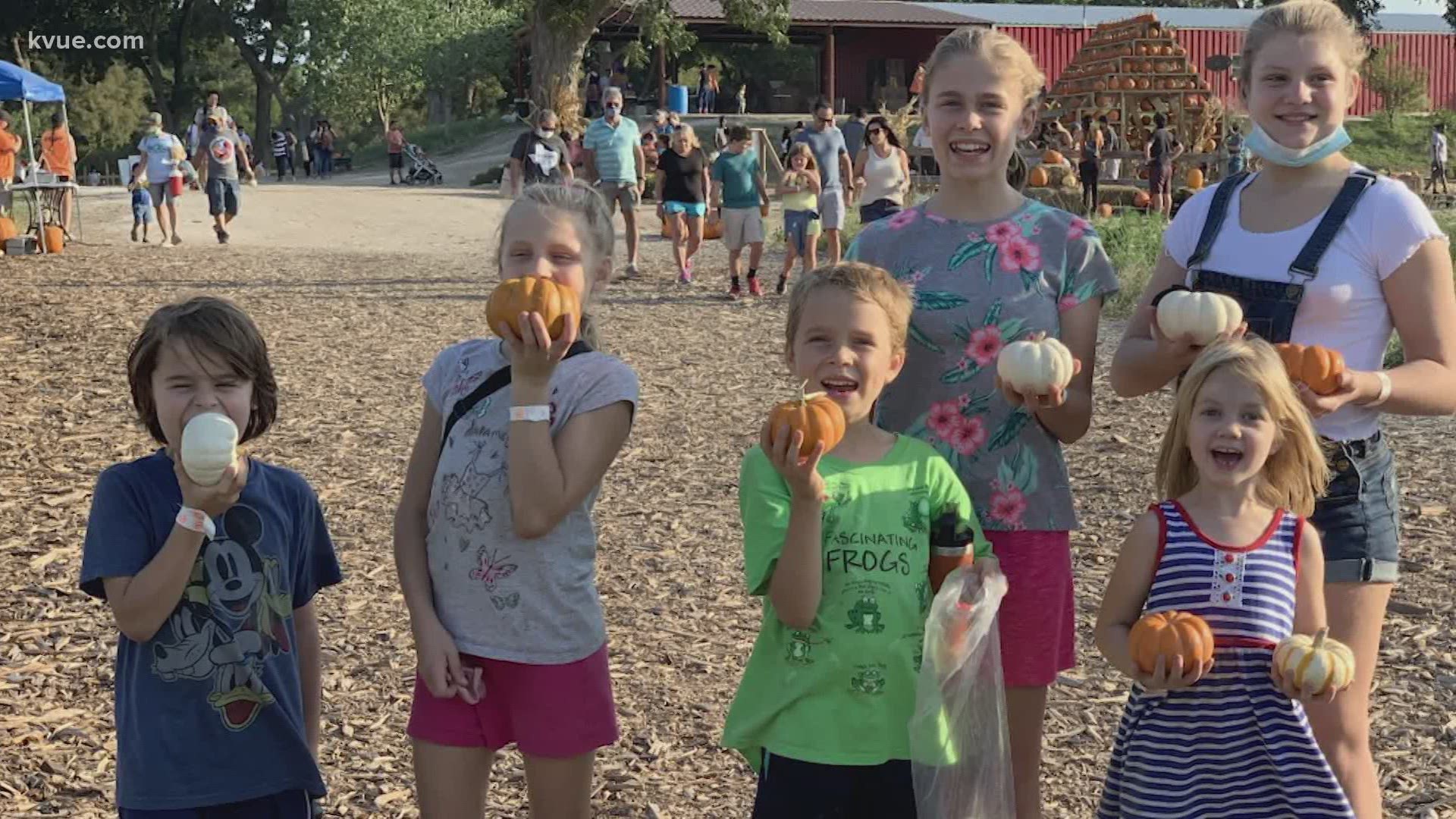AUSTIN, Texas — Whether it is walking, hiking, biking or visiting the zoo, the Moore family has not missed many beats when it comes to keeping them healthy and moving during this global pandemic.
Eight months ago, Dina Moore's five children, along students across the country left their schools for spring break, but did not return. For months, schools, extracurriculars and virtually everything got canceled or closed.
Dr. Seth Kaplan, president of the Texas Pediatric Society (TPS), said at the beginning of the pandemic, physicians actually saw positive trends in family habits.
"They were not eating out as much. They were cooking a lot more. There wasn't catch a quick meal on the way to sporting practice or things like that," Kaplan said.
However, as time passed, the trend changed, he said. Families settled into the routine of having 24/7 access to their pantry and TV and tablets while completing school work from home.
Kaplan, who communicates with a conglomerate of doctors across the state who are members of TPS, said due to those reasons, among other physical and mental health factors, many of them have noticed children coming in with noticeable weight gain.
Even before the pandemic, obesity plagued children across the country.
Obesity affected 18.5% or 13.7 million children from ages 2 to 19, according to the latest data from the Centers for Disease Control and Prevention.
In contrast, in the 1970s only 5% of U.S. children between that same age range were obese.
Teenagers experience the highest rates of obesity of all children.
While Kaplan said it could take years to gather accurate data on the impact of obesity during the pandemic, he and his pediatric colleagues, including at the University of Texas, agree it's something families should address sooner rather than later.
While short-term side effects typically involve weight gain and lethargy, in the long-term, obese children are at a greater risk for heart disease, high blood pressure, high cholesterol and high blood sugar, in addition to psychological disorders including anxiety and depression.
"We now know too obesity is a risk factor for worse outcomes for those who end up getting COVID," Kaplan said.
Dina Moore, a mother of three, was not going to let obesity be the reality for her family. So they found different outlets to stay healthy and active.
"We do all types of things, we get out for walks. We can go out on our bikes. We have nature trails we like to go on and we have the pool," she said.
For children still learning remotely from home, Kaplan recommends parents give them 20-30 minute breaks a few times a day.
Keep the cabinets stocked with healthy snacks, so children do not have access to an excess of junk food or high caloric snacks.
Make sure children are also getting at least eight hours of sleep, something Kaplan said is slipping by the waste side for many children during the pandemic.
"I think we also all have to give ourselves a little bit of grace in all of this. If you are worried your weight is up a little bit and it is not where you would like it to be, don't beat yourself up over it. These are conditions stressing everyone out right now," Kaplan said.
PEOPLE ARE ALSO READING:

